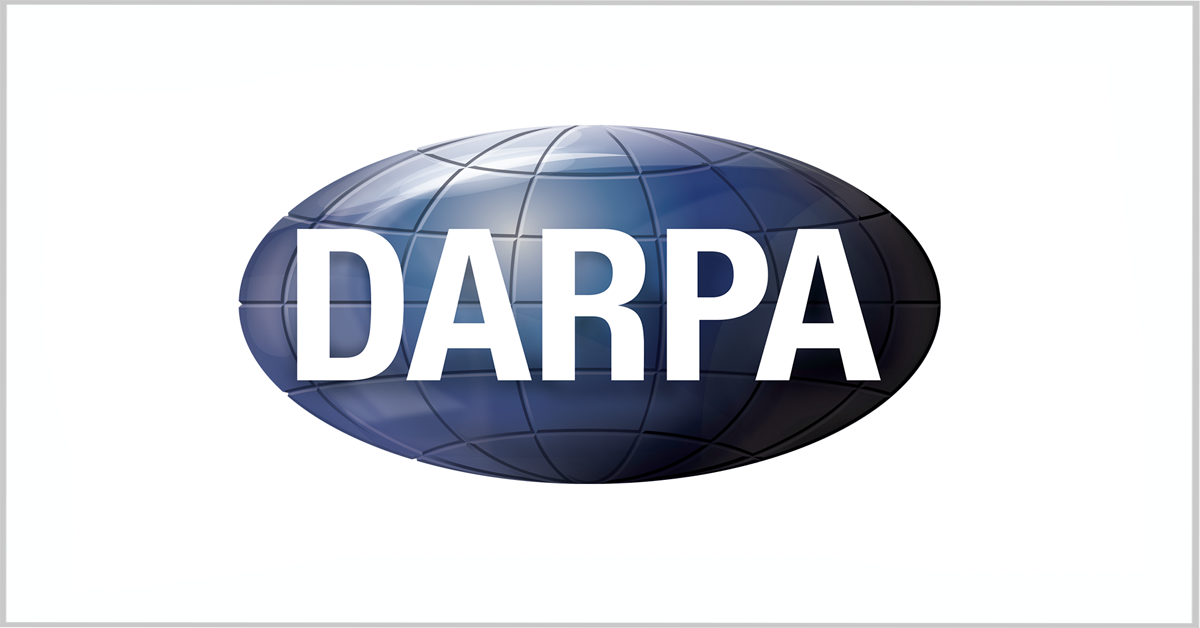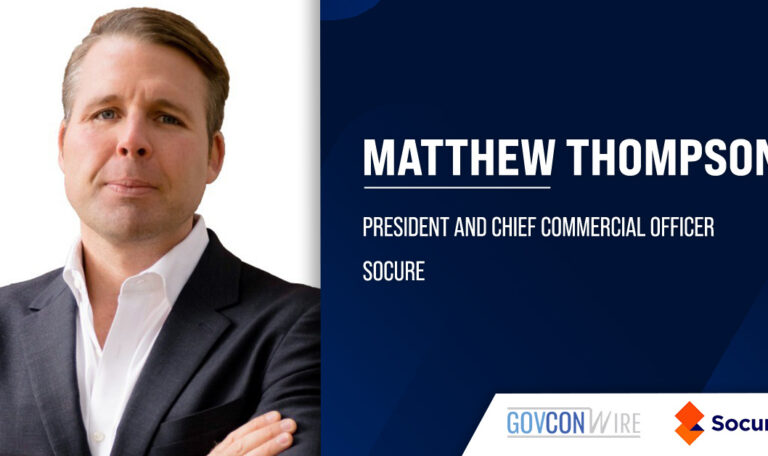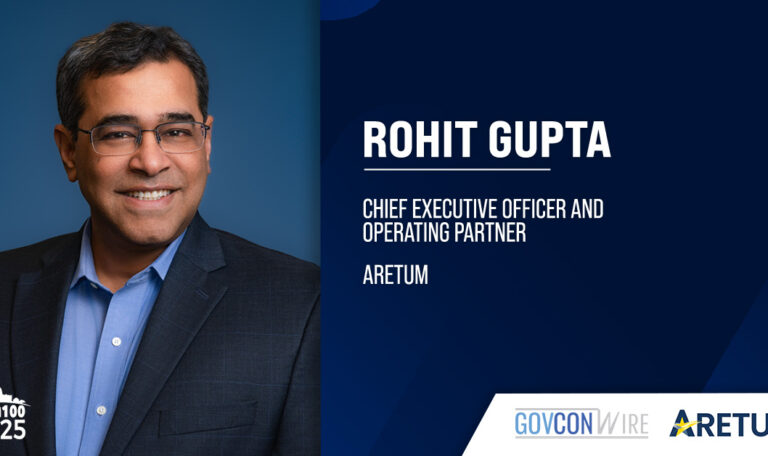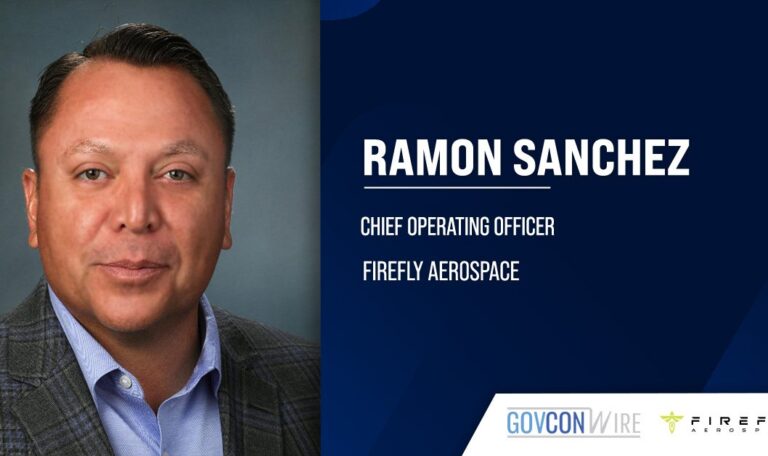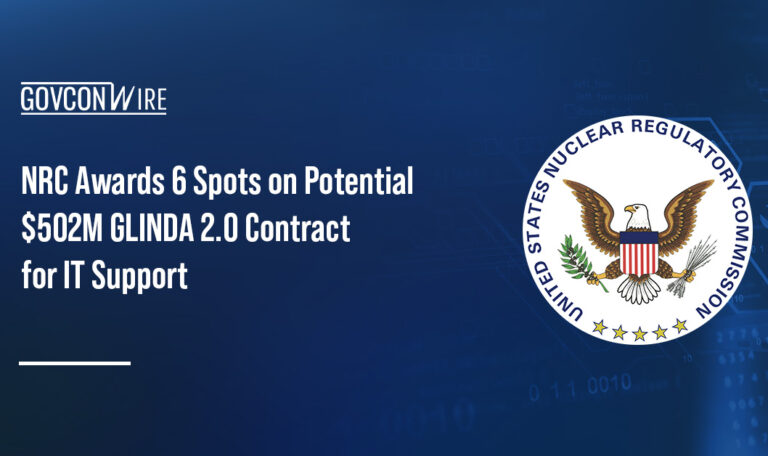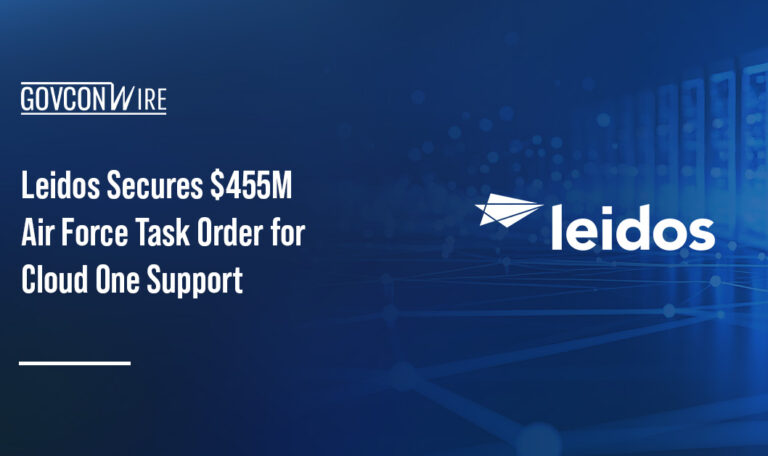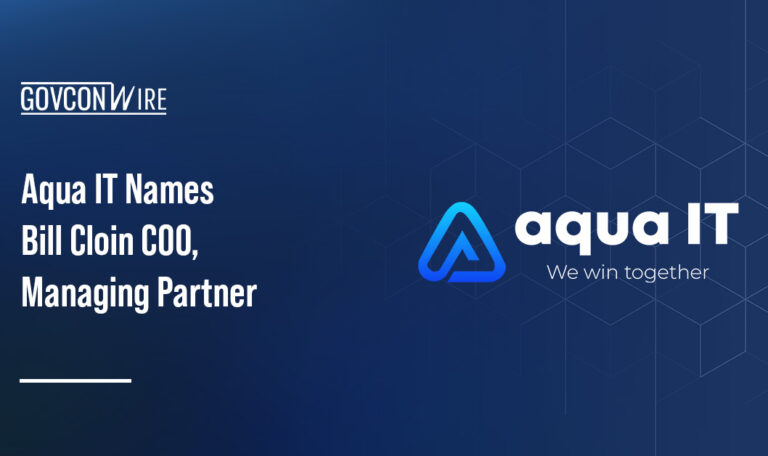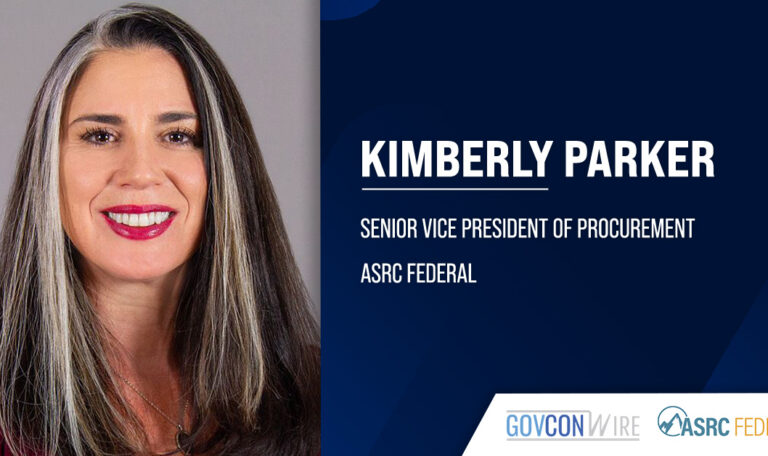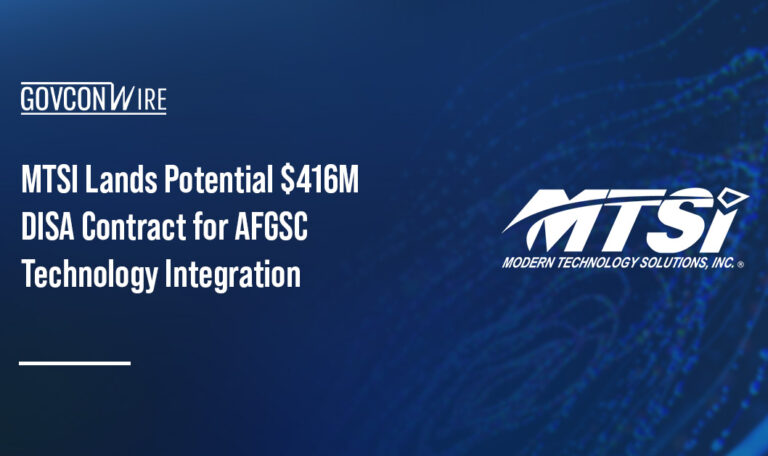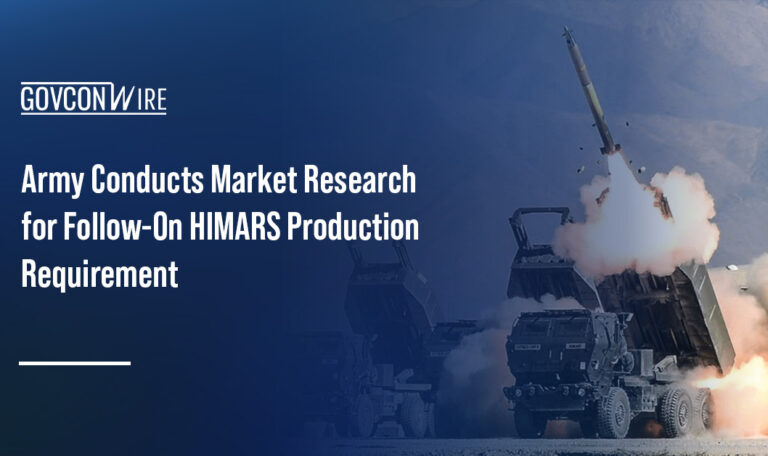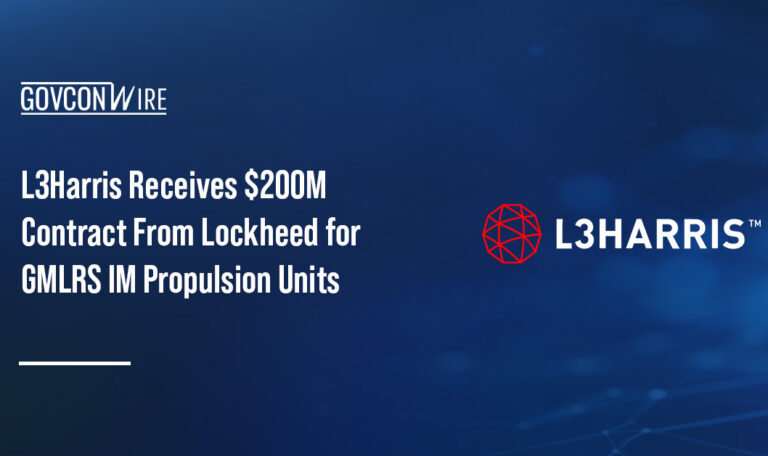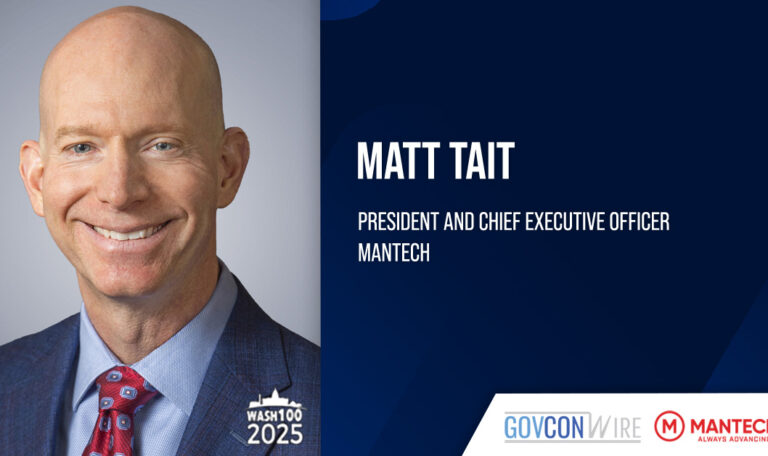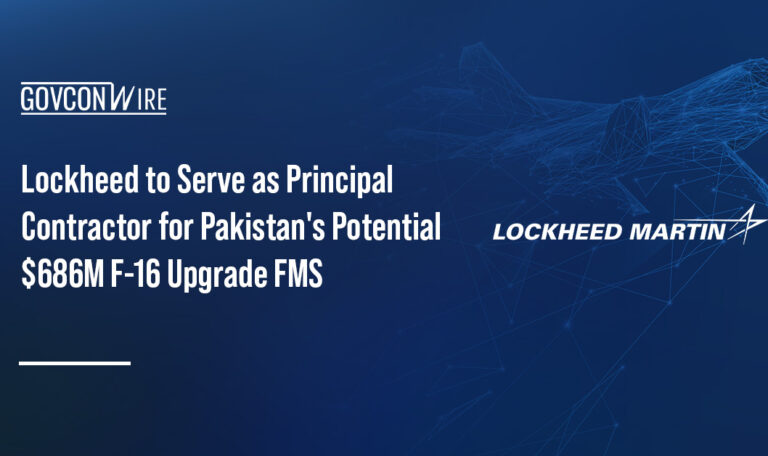The Defense Advanced Research Projects Agency is seeking novel approaches to building a utility-scale, fault-tolerant quantum computer through the Underexplored Systems for Utility-Scale Quantum Computing program.
“If there’s an underexplored area of quantum computing showing promise for a faster breakthrough than we previously expected, we want to explore it immediately and thoroughly verify and validate the approach’s viability,” Joe Altepeter, US2QC program manager at DARPA’s defense sciences office, said in a statement published Tuesday.
The US2QC program will focus on assessing the viability of approaches to utility-scale quantum computing and its initial phase – Phase 0 – will allow participants to present a design concept of their planned quantum computer.
“There’s no one verification and validation program that fits all the different quantum computing approaches out there,” Altepeter said. “That means we don’t know what follow-on phases will look like or how long they’ll be. Identifying key milestones will be unique for each project depending on how the Phase 0 validation and verification goes. If the proposed concept proves to be sound, Phase 0 could be very short. As teams meet follow-on phase milestones unique to their approach, we’ll keep scaling the effort up.”
The program solicitation shows example phases of effort beyond Phase 0. Under Example Phase 1, performers will design a fault-tolerant prototype, identify all required components and subsystems and determine minimum performance requirements. Example Phase 2 calls for participants to work with the government to verify and validate that all components and subsystems can meet the target performance specifications.
Abstracts for the US2QC program are due March 23.
If selected, DARPA will ask proposers to submit oral proposal packages by May 19 and invite them for oral presentations no earlier than June 6. The agency plans to award other transaction authority agreements for prototype projects.


